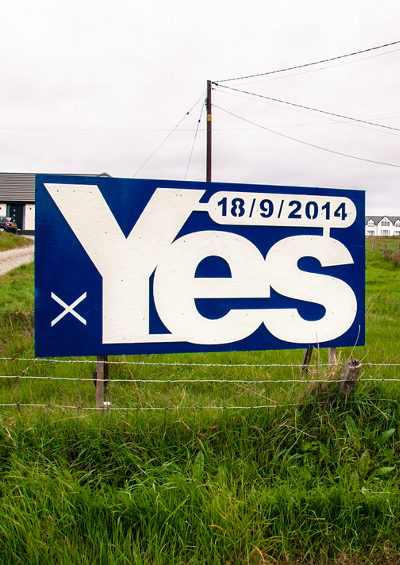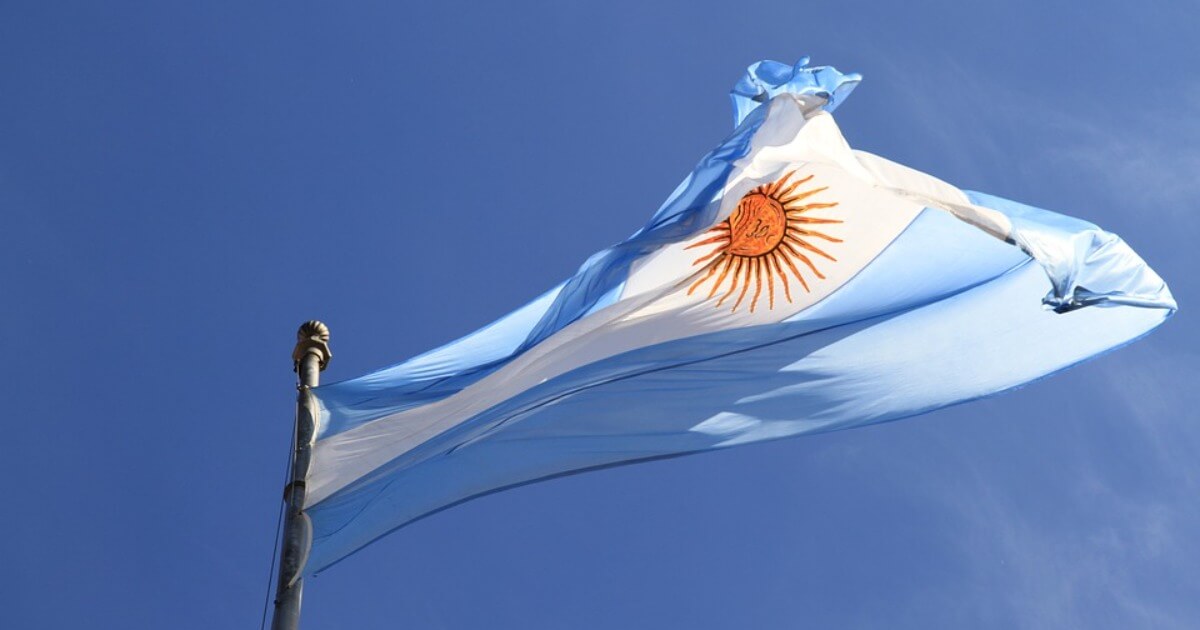Independent Scotland: Another Small EU Country?
Although quite a few other EU countries are even smaller than Scotland, smallness isn’t a virtue in itself.
August 6, 2014

Independence-seeking Scotsmen can comfort themselves that the EU is a collection of 28 states. Several of them are smaller than Scotland is, both geographically and in terms of its population size.
Upon closer examination, however, the example of other small states within the EU is less inspiring. With a population of 5.3 million and area of 79,000 square kilometers, Scotland would be smaller than all but nine EU countries by population — although it would rank 15th by area. That puts it just ahead of Portugal and Austria.
However, with the exception of Luxembourg, a banking center and something of a “teacher’s pet” for the EU (which also sports its highest living standards), the economies of countries smaller than Scotland are mostly not a pretty sight.
Croatia is in an almost permanent recession, while Cyprus, Ireland and Slovenia have been subjected to banking bailouts.
Admittedly, Malta and the Baltic states are in reasonable shape, but Estonia and Latvia, at least, have very different approaches to economic management from the Scottish model.
Estonia runs a budget deficit of only 0.2% of its GDP, compared to Scotland’s estimated deficit of 8.3% of GDP in 2013, which even includes a geographical share of North Sea oil revenues. Without these oil revenues, Scotland’s budget deficit would have been 14% of GDP.
In the medium term, oil and public policy are the major weaknesses in Scotland’s position. From the oil perspective, Scotland would have done much better to vote for independence in the 1970s.
If it had done that, it could have built up a Norway-like trust fund from the proceeds of oil sales, which peaked at 2.82 million barrels/day in 1999. More recently, oil output has been declining fast, with output expected by OPEC to fall by 70,000 barrels per day to just 800,000 in 2014.
In the political sphere, since the 1999 devolution Scotland has persistently shown a tendency to run large budget deficits. Currently, the three parties with political leverage in Scotland all favor higher public spending. To be sure, the country’s economic philosophy is a far cry from the Enlightenment rigor of Adam Smith.
Declining oil revenues, a huge and unstable banking sector and an overstuffed bureaucracy – those don’t look to me like the elements of a successful 21st century economy.
For the sake of the Scots themselves as well as for sentimental reasons, I hope they vote “no” in the referendum on September 18.
Editor’s Note: A longer version of this article initially appeared in the Prudent Bear.
Takeaways
An independent Scotland would be a very small country. Would that small size play to its advantage?
Scotland should have gone independent in 1970, when it could have built an oil trust fund. Now it may be too late.
With high spending, a big bureaucracy and an unstable banking sector, Scotland may not make the strongest nation.
